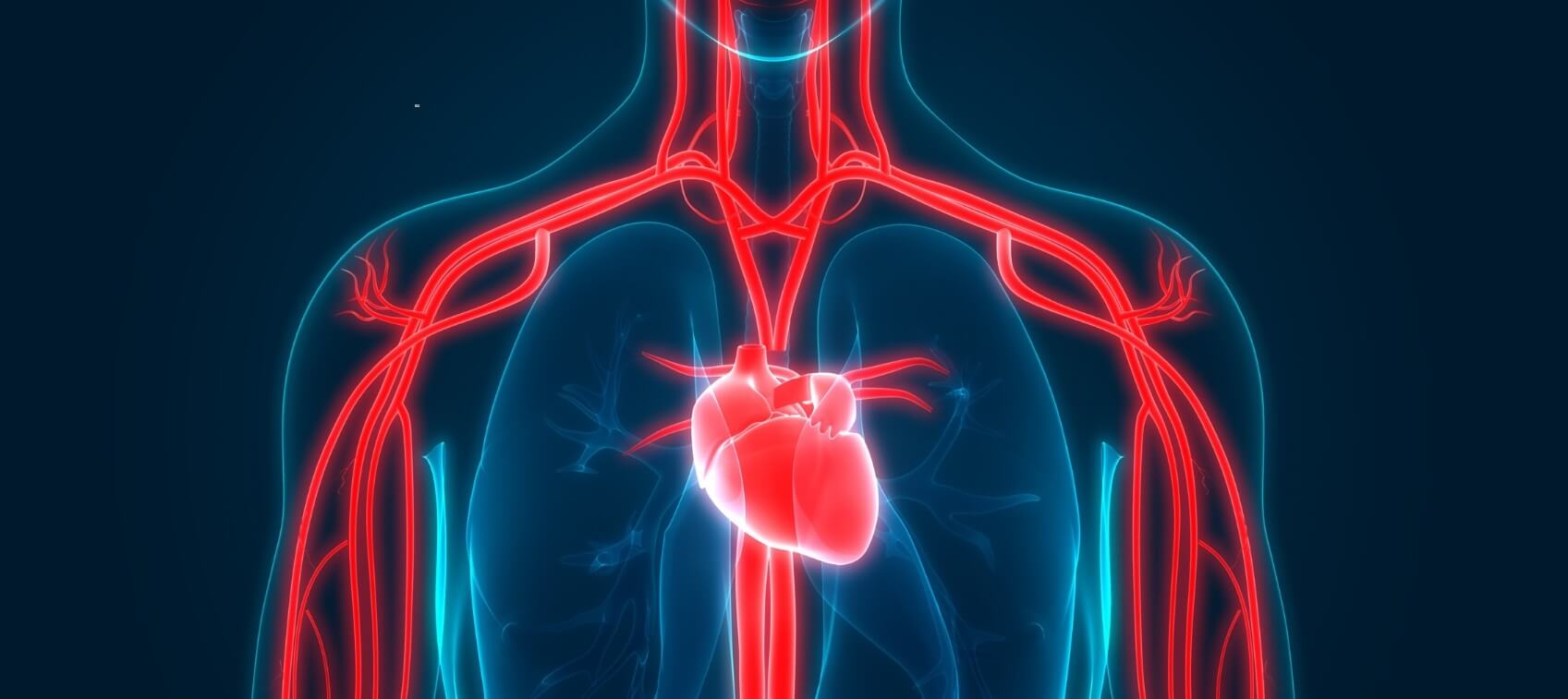
"Blood is thicker than water" is an old saying about the importance of family ties. But in the medical world, you don’t want thick blood. Thick blood, formally known as hyperviscosity syndrome, spells trouble for your health.
The problem with thick blood is that it flows more slowly through your circulatory system, delaying the transport of nutrients and oxygen to your cells. Plus, when your blood is thicker, you’re more prone to getting blood clots which can block blood vessels in your heart, brain or lungs.
What Causes Thick Blood?
There are several factors that can cause thick blood, including:
- Aging
- A sedentary lifestyle
- Genetics
- Heavy metals
- A lack of essential fatty acids
- Environmental toxins, including EMF’s
- Cigarette smoke
- Radiation
- Bacteria, viruses, and parasites
Some people also have a high hematocrit count, meaning there are too many red blood cells in the body, which can thicken the blood. Or, they have red blood cell deformability, which occurs when red blood cells are misshapen and more prone to clotting. Plus, there are disorders like lupus and certain cancers can cause thick blood.
How Blood Thickens
Your red blood cells are intermingled inside spider web-like configurations. These strands are called fibrin. Without fibrin, you’d bleed to death from any cut or scrape. Your body’s job is to produce just enough fibrin to help your blood to clot when it needs to, but not so much that you end up with thick blood.
When you have too many clotting factors, your red blood cells get caught up in a “fibrin web” that bogs them down. The artery walls get injured and vulnerable, and your blood becomes sticky, which leads to clumps and clots. These fibrin webs are a major contributor to hyperviscosity, sludging, plaque formation, and eventual blood vessel closure (thrombus).
There are numerous factors that contribute to imbalances in the clotting process. One famous cardiologist, Dr. Kenneth Kensey, says it all with his image of “red wine vs. red ketchup.” Our goal should be to keep our blood more like a fine red wine rather than sludgy ketchup.
Thickened Blood Symptoms
Signs of thick blood can include:
- Headaches and dizziness
- Shortness of breath
- Fatigue
- Difficulties concentrating
- Night sweats
- Blurry vision
- Excessive bruising
- Gout
- Itchy skin
How to Test for Blood Thickness
At your next medical examination, ask your doctor to test your C-reactive protein (CRP), homocysteine, Lp(a), and fibrinogen. These are the inflammatory mediators that cause inflammation which thickens the blood.
Your goal is a “clean” CRP level below 1mg/L. A higher CRP reading indicates the presence of inflammation, and much higher (say more than 10 mg/L) might be a sign of an autoimmune disease, cancer or an infectious condition.
How to Maintain Healthy Blood
There are several things you can do to help maintain healthy blood:
- Take Nattokinase or Lumbrokinase: Sometimes our bodies’ natural anti-clotting mechanisms can’t keep up, which is where nattokinase and lumbrokinase come in. These enzymes mimic your body’s natural clot-busting enzyme, plasmin—breaking down excess fibrin that can lead to thick blood. Suggested dosage: 20 mg daily of lumbrokinase or 100 mg of nattokinase.
- Use Natural Blood Thinners: Omega-3s (1-3 grams daily) and garlic (1,000–2,000 mg in capsule form) both help to thin the blood.
- Eat Foods with Blood Thinning Properties: Good blood thinning foods include pomegranate, ginger and ginger tea, turmeric, cumin, garlic, onions, green tea, cold-water fish such as wild-caught salmon, natto, tofu, and walnuts.
- Exercise: Thick blood causes blood vessels to become more rigid, less elastic, and frequently calcified as we get older. One key solution to keeping your blood moving and consequently, “thinner,” is exercise. Try to work up a sweat 30–60 minutes a day.
- Grounding: In a study that I helped to lead, Effects of Grounding on Blood Viscosity, we found that after two hours of grounding ten healthy adults showed a positive impact on zeta potential and red blood cell (RBC) aggregation, which is the best method for measuring blood viscosity.
- Try CoQ10: Taking CoQ10 separately or along with some of the other above suggestions can also help keep your blood at a healthy viscosity. Take 100 to 300 mg daily, or try just 100 mg if you are also using additional methods for thinning the blood.
As a note of caution: If you have been prescribed to take Coumadin for a blood-thinning effect, do not take garlic, nattokinase or lumbrokinase, as they may accelerate the effect. Up to 2 grams daily of omega-3s is okay. Also, do not sleep grounded when you are on Coumadin.


